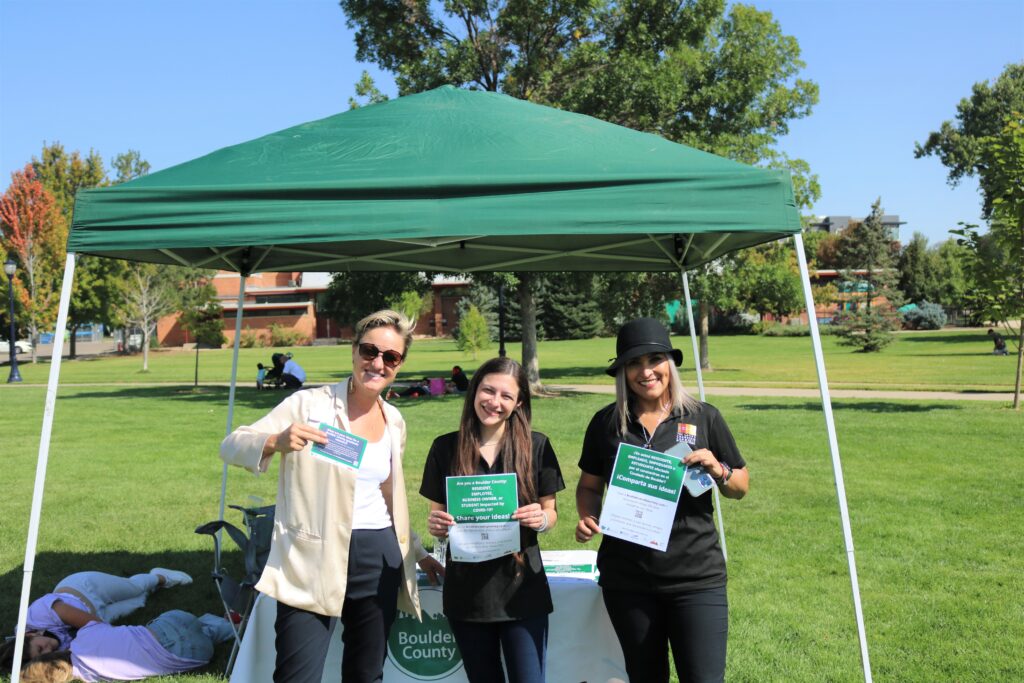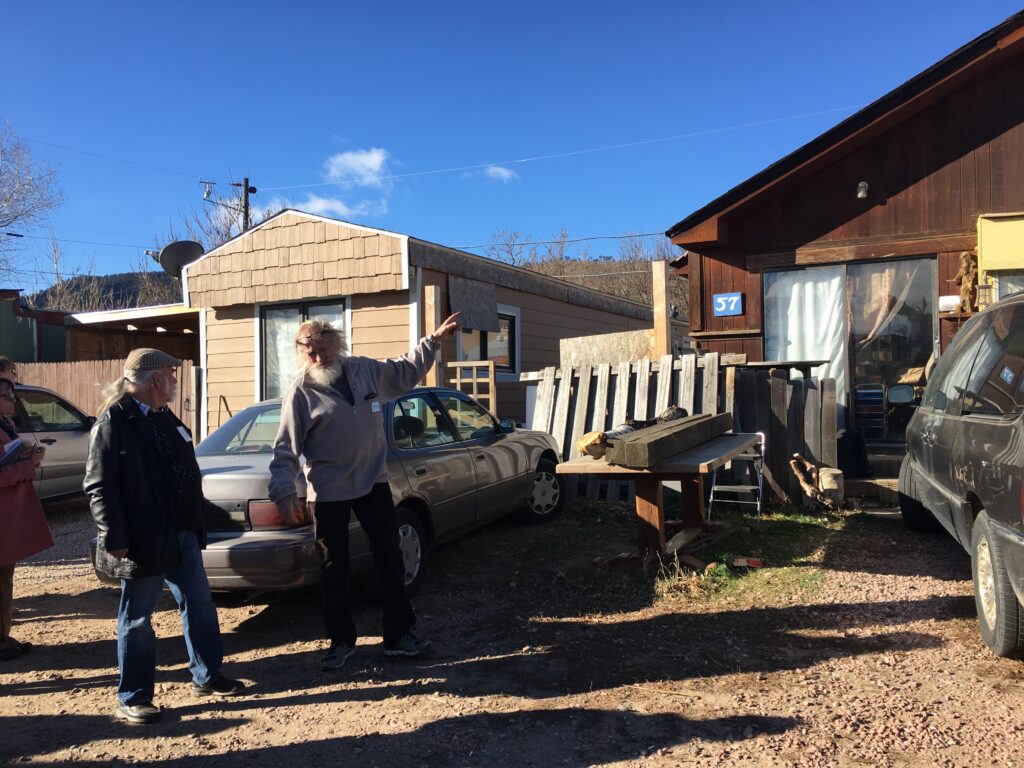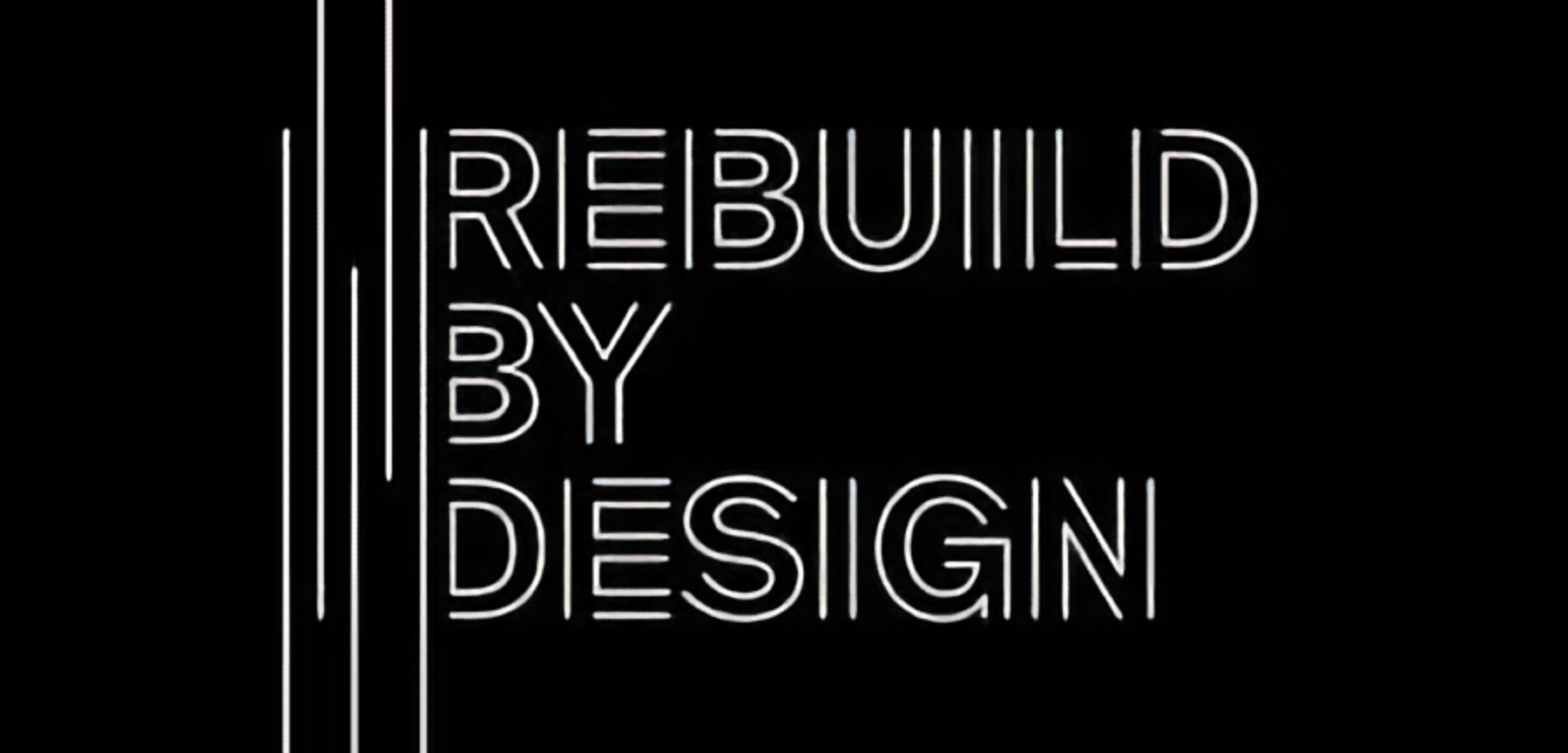COLORADO LOCAL ENGAGEMENTS
Between 2011 and 2021, Colorado experienced 7 federally declared disasters, with 26 counties—representing nearly half the state—impacted by these events. El Paso County experienced four disasters, the highest number of major disaster declarations in the state. These disasters have required significant federal investment in recovery efforts. Colorado has received a total of $799M in federal assistance through FEMA and HUD programs to address these challenges. In response to these ongoing issues, Rebuild by Design released the “Atlas of Disaster: Colorado”, highlighting the state’s vulnerabilities and advocating for long-term infrastructure funding to support communities in adapting to and recovering from extreme weather events.
Between the impacts of COVID-19 and a national awakening to systemic injustices, the events of 2020 highlighted the inequities and divisions in our nation. In light of these events, governments throughout the United States have re-evaluating their decision-making practices, leading many to pledge to be more inclusive and to work with the communities who are hit the hardest. However, pledging to do it, and actually figuring out how to implement them are two very different challenges.
Boulder, Colorado is known for its high quality of life, progressive land use planning, open space preservation, and strong environmental ethic. The city is home to a highly educated population and a diverse economic base that has experienced significant growth in recent years, with projections indicating an additional 10% growth over the next 25 years. However, Boulder’s high and rising home prices—with a 31.3% increase in the median price of single-family homes between 2015 and 2017—have made housing increasingly unaffordable. Nearly two-thirds of Boulder’s renter households are classified as cost-burdened.


